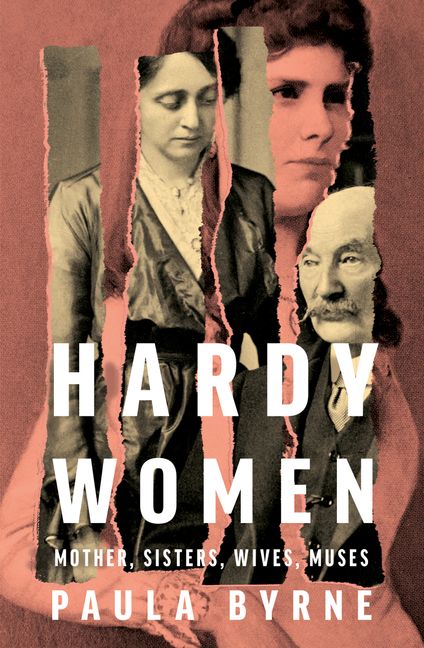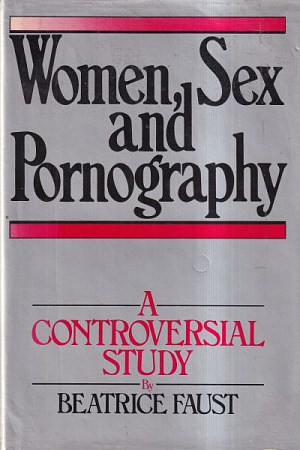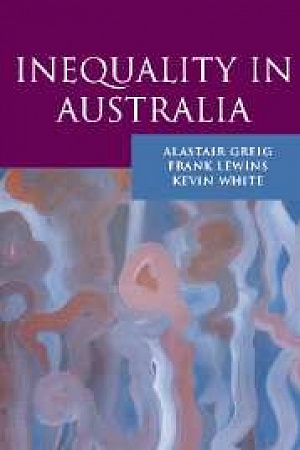Hardy Women: Mothers, sisters, wives, muses
William Collins, £25 hb, 642 pp
What to think of Hardy
We look to literary biography to understand how works of literature came into being and made their way in the world. But how much can we learn about the processes of artistic creativity from biography when the public self of the author almost completely effaces the private self of the writer: when we are left wondering how this person, of all people, could have created the works that bear their name?
Thomas Hardy’s was not an eventful life. He spent most days alone in his study with the door closed, writing in silence. As he aged, he became more reserved and increasingly obsessive about guarding his privacy, controlling his legacy, and stonewalling curious admirers. When the twenty-one-year-old Rupert Brooke met him in 1908 (Hardy was then sixty-eight), he was astonished to find not the formidable grand old man of Wessex but a man who looked like a retired country doctor and talked incessantly about the right manure for turnips.
Continue reading for only $10 per month. Subscribe and gain full access to Australian Book Review. Already a subscriber? Sign in. If you need assistance, feel free to contact us.











Leave a comment
If you are an ABR subscriber, you will need to sign in to post a comment.
If you have forgotten your sign in details, or if you receive an error message when trying to submit your comment, please email your comment (and the name of the article to which it relates) to ABR Comments. We will review your comment and, subject to approval, we will post it under your name.
Please note that all comments must be approved by ABR and comply with our Terms & Conditions.